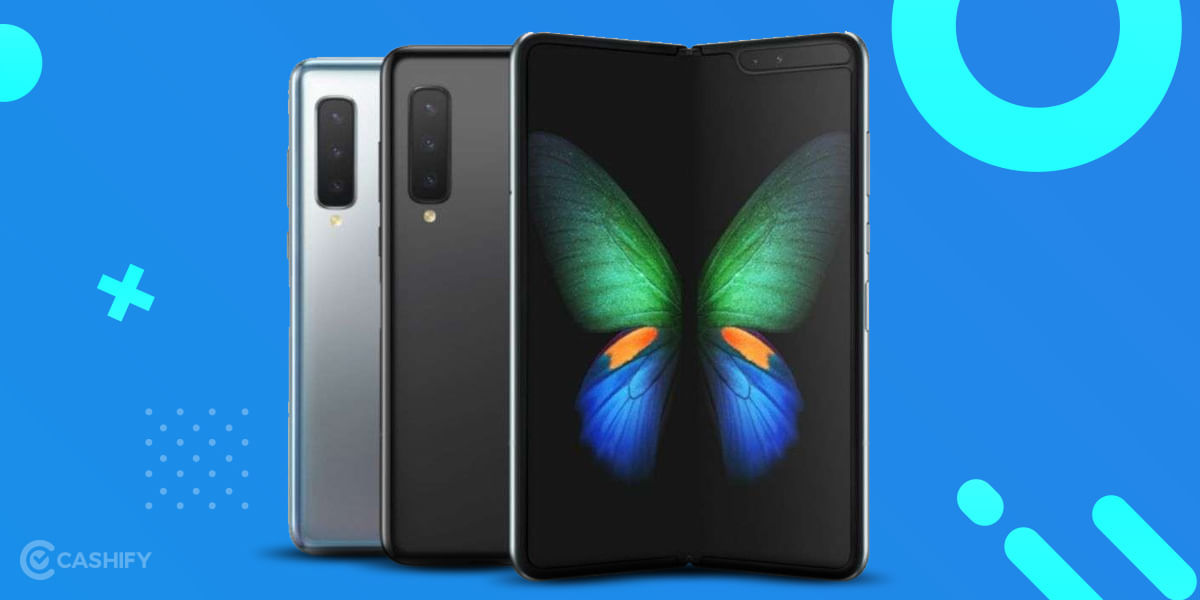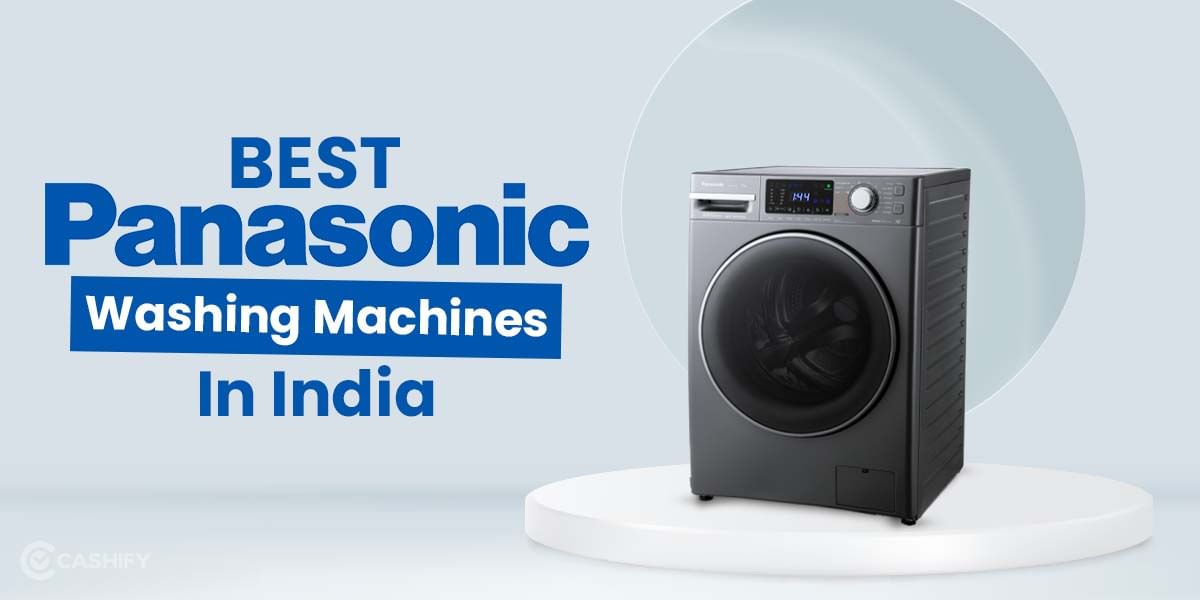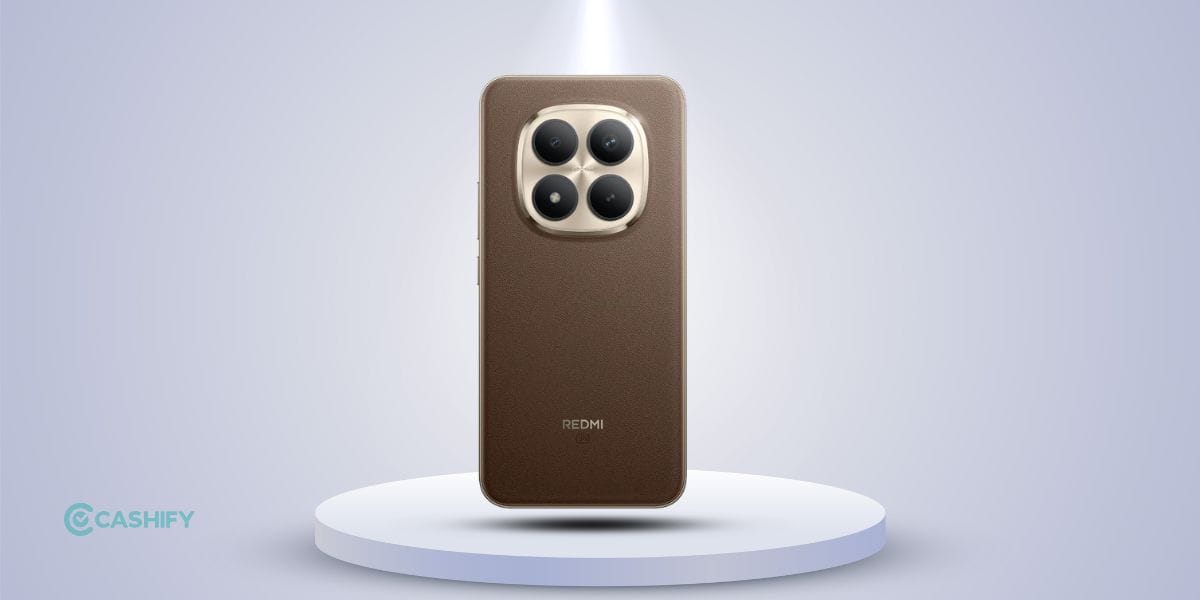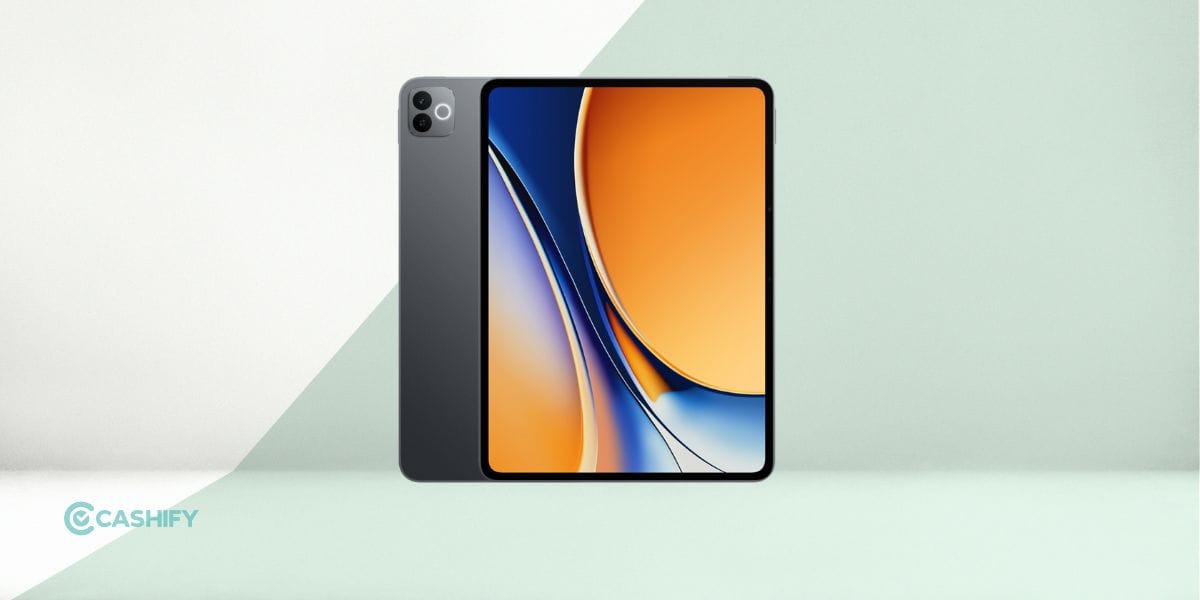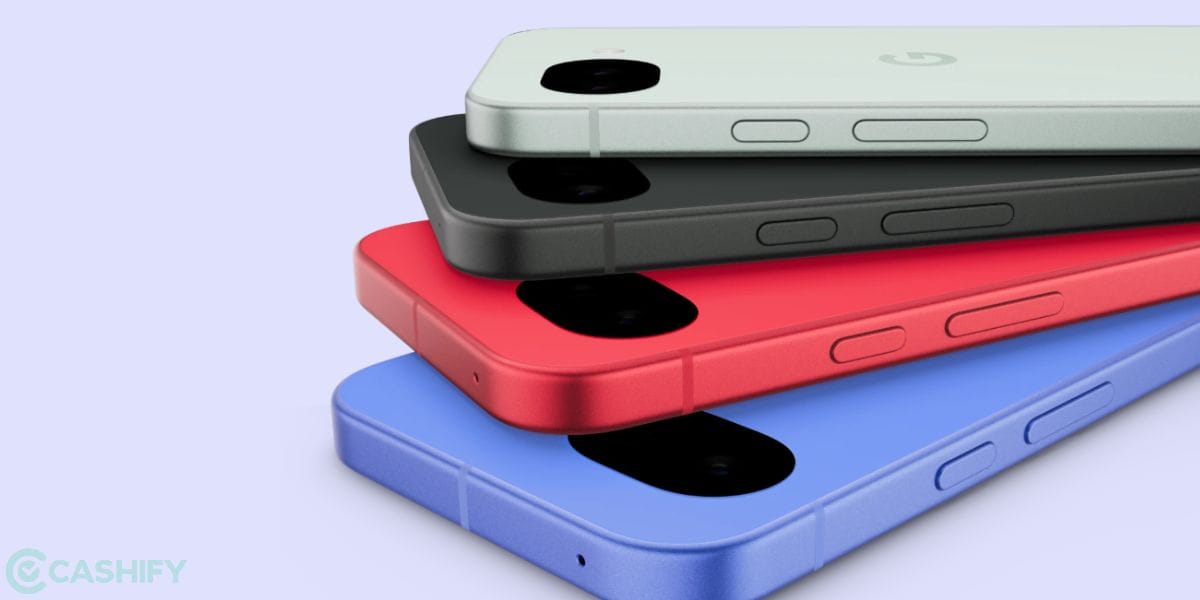Introduction
With the entire Reno lineup, Oppo managed to carve out space in the flagship niche in the crowded smartphone market. The Reno lineup brings a fin-like pop-up camera mechanism, which was quite different and appealing at the same time. Furthermore, the smartphone showcases its innovation in the camera zoom. Well, the Chinese company has now added another device to the lineup dubbed Oppo Reno Z. The Reno Z is a vanilla alternative or the budget offering in the Reno lineup.
The smartphone does not feature any pop-up mechanism and is powered by a mid-range chipset. Furthermore, there is a dual-camera setup instead of the triple or quad modules. Even the spec sheet of the device is shouting vanilla by Oppo’s standards. Well, we got our hands on the smartphone, and here is a complete comprehensive review of the device.
Price in India, Variants, Availability
Like most of the Reno lineup, the Reno Z is unavailable in the country as of now. The smartphone maker has plans to launch the device in India soon. The smartphone comes in four different storage variants namely 4GB+128GB, 6GB+128GB, 8GB+128GB and 6GB+256GB. Since the smartphone has not yet entered the Indian market, there is no word on the pricing information. We’re expecting it to come with a price tag of INR 25,290.
Box Contents
Oppo Reno Z comes packed in a minimal white box with a device’s back design printed on it. Opening the lid, you will come across a rectangular package that consists of some paperwork. Keeping that aside, we now have the phone itself covered in a protective film. The smartphone looks very premium and vibrant. We’ll get back to the device in a minute. Under the phone, there is an included silicone case that follows the dark color scheme and seems pretty decent.
Apart from all these, there is a 20W VOOC 3.0 wall charger that should charge the phone pretty fast. The device makes use of the USB Type-C port, so you get a Type-C cable inside the box. Since the device has a 3.5mm audio jack, the smartphone maker was kind enough to throw in a pair of earphones. The quality of the earphones seems very solid. We’ll talk about the audio output later on.
Here is a quick overview of what you’ll be getting inside the box:
- Oppo Reno Z
- 20W VOOC 3.0 wall charger
- USB Type-C cable
- Pair of earphones
- SIM ejector tool
- Silicone back case
- Manuals and documentation
Specs at a glance
Before we jump right into the review, let’s have a quick look at the key specs of the device.
- Display: 6.4-inch AMOLED panel, 1080×2340 pixels, 402ppi
- RAM & ROM: up to 8GB, up to 256GB
- Processor: Helio P90 chipset, 12nm
- GPU: PowerVR GM9446
- Software: Android 9.0 Pie, ColorOS 6
- Rear cameras: 48MP+5MP
- Selfie camera: 32MP, f/2.0
- Battery: 4,035mAh capacity, 20W VOOC 3.0 charging
- Weight: 186g
- Dimensions: 157.3×74.9×9.1mm
With key specs cleared out of the way, let’s talk about the very first aspect of the device.
Design and Build Quality
With Reno lineup, Oppo followed an all-new design ideology, which I seem to like very much. Earlier, we reviewed one of the Reno devices, and oh my! The design was impressive. The design and build feel premium in a way no other devices do. Even with the Reno Z, the smartphone maker has followed the same design pattern. Since this is a cheaper alternative, the device is made up of glass and plastic. The front and back of the device use the Corning Gorilla Glass 5, while the middle is a plastic frame.
Just like the other Reno devices, the Reno Z feels streamlined from the back. There is no camera bump or protrusion of any kind meaning the sensors fit right inside the rear and flushes with the back. That small O-bump right below the module is present to keep the camera lenses from getting scratched when you lay the phone flat on the surface. There’s a small branding which done elegantly. The back of the device is attractive looking, and I appreciate that the brand decided to keep it that way even at this price.
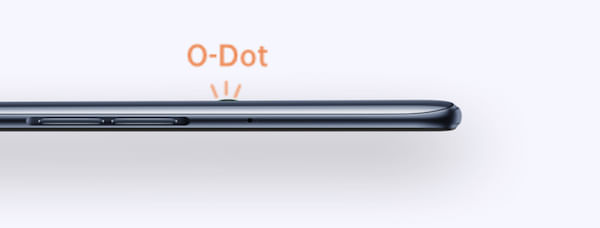
Coming to the buttons and ports, the volume button is located on the left, and the power key is on the right side. The button also follows the somewhat streamlined design. They’re not entirely flushed but are sticking less as compared to other devices. The button offers good tactical feedback with no wobbling at all. At the bottom, you will find the USB Type-C port for charging, speaker grille, and a 3.5mm headphone jack.
A massive 6.4-inch AMOLED display dominates the front with a teardrop notch housing the selfie camera. Since this is a cheaper offering, you will not see the pop-up camera mechanism. The device has negligible bezels on the side and a thinner chin. Overall, Oppo Reno Z is a great smartphone when it comes to design and builds. The device feels very premium, and we loved the design ideology once again.
Display
Oppo Reno Z comes equipped with a massive 6.4-inch AMOLED display with wide color gamut and good contrast. If you’re used to a smaller display, then you might face a bit of a trouble to use this device. With the resolution of 1080×2340 pixels and 402 PPI density, the display offers a sharp and crisp viewing experience. We loved consuming media or playing games on the smartphone with excellent color reproduction and saturation. At this price tag, you’re also getting a bright display meaning the sunlight legibility is up to the mark on this phone.

Thanks to thinner bezels and thin chin, the smartphone was able to hit a screen-to-body-ratio of 85.8 percent. Thus, the device results in an immersive experience while watching movies and playing games. The display supports HDR10 content giving you much better contrast on the supported media. The teardrop notch also is quite thin and houses the selfie camera. Since this is an AMOLED panel we’re talking about, the blacks are more in-depth, and the overall colors are impressive and entirely accurate.
Overall, we don’t have any complaints in terms of display. With competitors offering IPS LCD panel at this price, Oppo Reno is offering an AMOLED panel and that too with wide color gamut.
Camera
Oppo Reno Z features a dual-camera module at the back, which consists of a primary 48MP sensor (f/1.7) and a 5MP depth sensor (f/2.4). Well, the smartphone is missing an ultrawide angle lens or telephoto lens. It results in a less versatile camera setup making this device somewhat weaker in this aspect. The camera app is similar to what we have seen earlier with other Oppo devices. If you’re already an Oppo user, you will find the layout familiar, but if you’re not, then you’ll get used to it in no time.
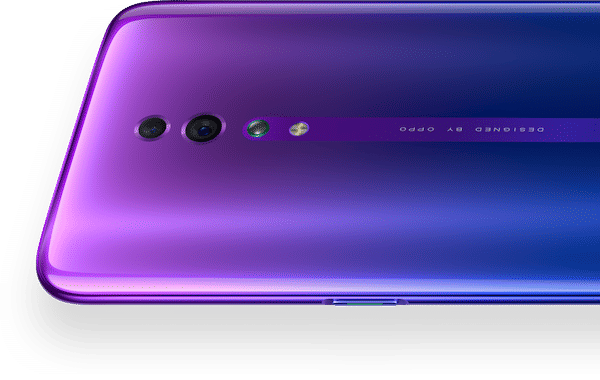
As for the camera performance, the rear primary sensor clicks the picture with an excellent level of detail, high dynamic range, and sound color reproduction. The depth sensor clicks portrait shots with proper edge detection and a decent standard of more information. Since there is no telephoto lens, you will have to live without the optical zoom capabilities. In the digital zoom, the quality of the image reduces the higher you zoom in. We also missed the ultrawide angle lens a lot during our testing period. In low light conditions, the smartphone click shots with somewhat good details and a decent dynamic range. Of course, we also noticed some noise and grains in the lowlight pictures. There is a night mode that you can use to brighten up the images at the expense of image quality.
For selfies, there is a 32MP selfie shooter housed inside the teardrop notch. The front snapper takes high-quality photos with higher pixel count capturing maximum details possible. Even when the lighting conditions were not optimal, the images turn out to be bright and colorful. In video recording, the 4K videos are capped at 30fps while you can record 1080p at 30, 60 as well as 120fps. There’s gyro-EIS too – meaning you can record less shaky videos.
Performance
Inside, it is powered by a MediaTek Helio P90 chipset paired with up to 8GB of RAM and up to 256GB of onboard memory. For graphics, the device makes use of the PowerVR GM9446 GPU. The Helio P90 SoC is manufactured using the 12nm fabrication process. It consists of eight cores, which include 2x Cortex-A75 cores clocked at 2.2Ghz and 6x Cortex-A55 cores clocked at 2.0Ghz.
As mentioned earlier at the beginning, the Helio P90 is a mid-range chipset, and there is nothing to write home about. The processor is capable of handling daily tasks without any stutter or lag. Switching between apps is quite a smooth experience, and you will find no laggy UI animations. When we talk about heavy multitasking, the device should be able to handle that as well. When it comes to gaming, you can play graphics-intensive titles such as Pubg Mobile at medium graphics settings. There were no occasional frame drops or rendering issues during our gaming sessions. The moment you switch to high settings, you will notice lagging and rendering issues.
With up to 8GB of RAM at disposal, the app stays in the memory for a more extended time, and you can open multiple numbers of apps at one time without worrying about slow-down. The device comes with up to 256GB onboard memory, which would be more than enough for most users out there. In our opinion, the 6GB RAM and 128GB storage variant would be an optimal option for most users out there.
Software
The Oppo Reno Z runs on the latest version of the Android operating system – Android 9.0 Pie based on the ColorOS 6 out-of-the-box. Just like every other Oppo phones out there, the user interface is not that impressive here. You will witness plenty of bloatware apps, out of which most of them are pretty much useless. You can uninstall most of them to free up some more space. The UI does not feel premium or fast most of the time during our usage.
Furthermore, the UI is not clean as well as minimal, in our opinion. ColorOS 6 is not the worst user interface out there, but it is certainly not the best one. We would love to see significant overhaul and improvements soon in this custom skin. You can also use the gesture navigations instead of the traditional one. Well, overall, Oppo Reno Z offers a decent user interface.
Battery Life
Oppo Reno Z is backed by a massive 4,035mAh battery packed inside with support of 20W VOOC 3.0 charging. With medium to heavy usage, the battery can last you for about a day on a single charge. If you’re a light user, then you can expect a two-day battery life quickly. Here’s how our daily usage looks like during the testing – Bluetooth and WiFi always-on, fast music playback, few hours of gaming sessions, media consumption, and constant text messaging. You can juice up the device instantly with a 20W VOOC 3.0 fast charger.
Audio, Biometrics, Connectivity
For audio, there is a single stereo speaker located at the bottom of the device, which has a loud and clear output. Even at the maximum volumes, we find no sign of distortion in the audio. There is a 3.5mm headphone jack, which produces excellent and clear output. You can use the bundled earphones, which is of decent build quality. Coming to the cellular connectivity, we found no issue with the mobile reception, earpiece, and microphone in any way.
As you might have noticed, there is no physical fingerprint sensor at the back. Instead, the smartphone comes with an under-display fingerprint sensor embedded underneath the display. The fingerprint reader is quite fast, accurate, and reliable. You can also make use of the Face Unlock, which uses the selfie camera to detect your face. Since the feature uses the 2D representation of the face, it is not that reliable and safe.
As for connectivity, the smartphone comes with all the standard features such as dual-band WiFi, Bluetooth 5.0 with A2DP, EDR, LE & aptX HD, GPS, FM Radio, and USB Type-C port for charging. Also, there is support for NFC, which you can use for the mobile payments and one-tap pairing requests.
Oppo Reno Z is an impressive smartphone, in our opinion, which takes most of the stuff from its expensive sibling. Well, we loved the design and premium build quality, which the brand is offering even at this price tag. The display is also on the positive side with a wide color gamut and AMOLED panel offering accurate color reproduction. The processor, on the other hand, is on the mid-range side, meaning you cannot play graphics-intensive games at high settings. Even if you’re a heavy multi-tasker, you might see some noticeable lags now and then. Coming to the cameras, we missed the ultra-wide angle as well as the telephoto lens.
If you’re okay with the average software experience and lack of versatility in the cameras, then you can go with the device. Furthermore, if you’re looking to try out a new design for once, Oppo Reno Z is a smartphone made for you.
Pros:
• Premium and attractive design
• AMOLED display with a full-color gamut
• Decent battery life
Cons:
• Less camera versatility
• Mid-range chipset

